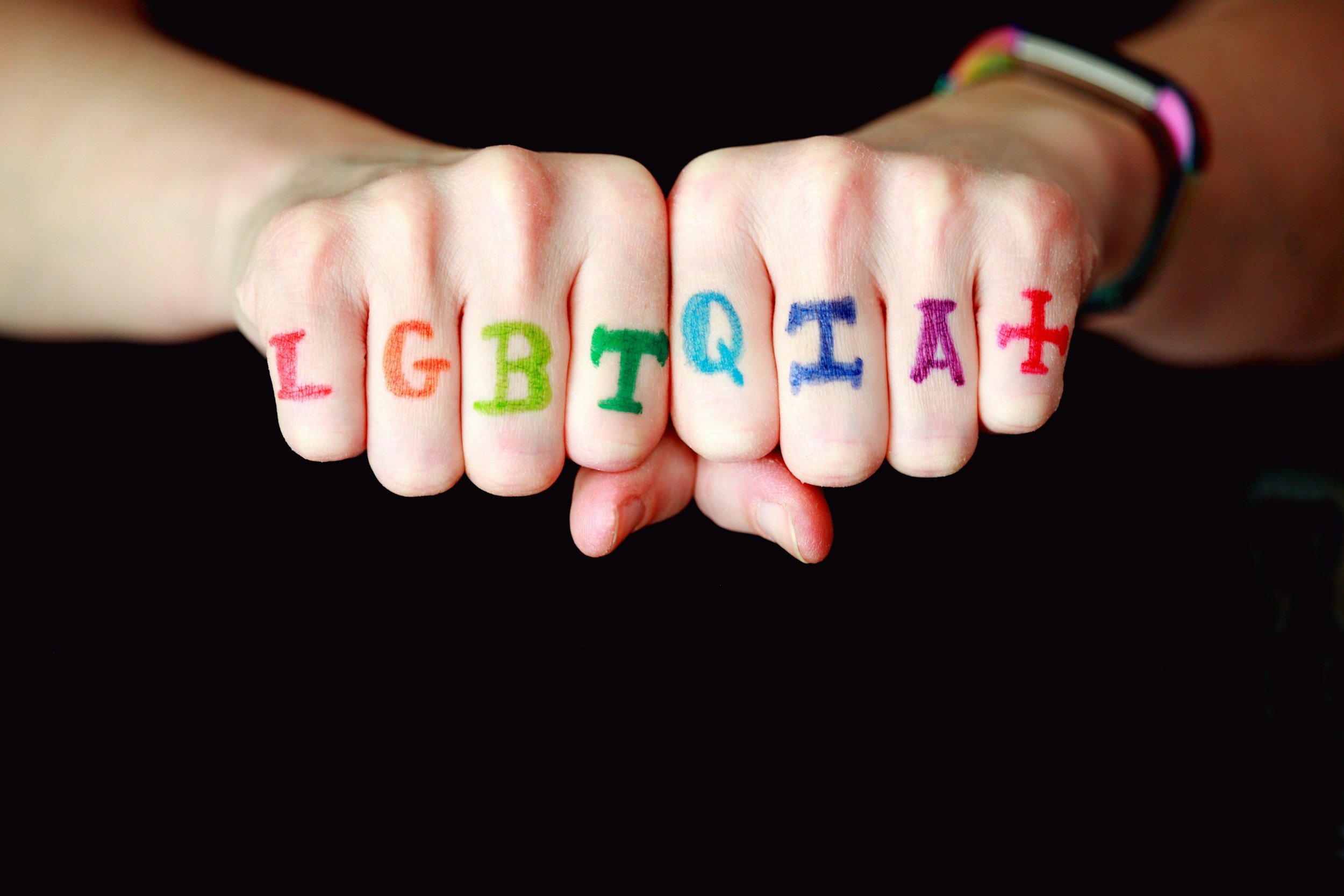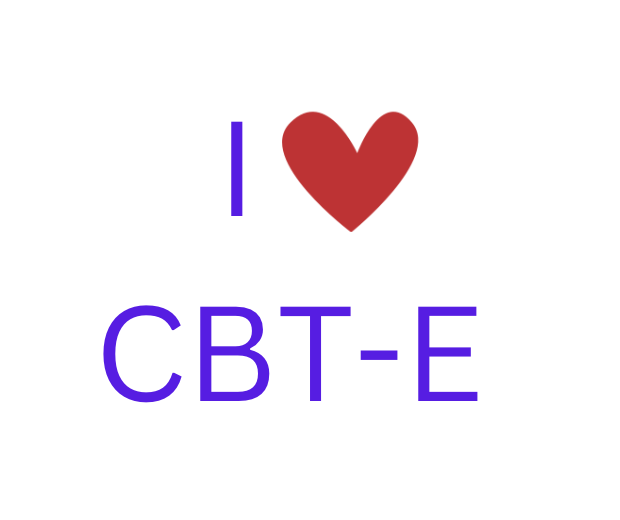
EATING DISORDER RECOVERY
BLOG
FIND WHAT YOU NEED

8 Tips for Improving Body Image
If you are looking to improve your body image, here are 8 tips to help you begin the journey of self acceptance and learn new ways of thinking positively about your body.

Parent Management Training in Eating Disorder Treatment
At Columbus Park, we may integrate Parent Management Training in situations when a child has an eating disorder alongside other problem behaviors that get in the way of compliance with treatment.

ARFID Treatment for Children and Teens
Does your child have a strikingly small repertory of foods they’re willing to eat? Do they avoid foods due to smell, texture, color, perceived imperfections, brand or any other seemingly arbitrary feature? Learn more about ARFID treatment.


Adolescent-Focused Psychotherapy (AFP) for Anorexia Nervosa
Adolescent-Focused Psychotherapy (AFP) is an individual therapy approach designed specifically for adolescents with anorexia nervosa.

Outcomes Update for Columbus Park Eating Disorder Treatment Experts
Columbus Park has been delivering tracking our patient results and providing an outcomes update since 2015.

High Quality, Evidence-Based Eating Disorder Care: How Do You Know If Treatment Is Working?
Columbus Park has been delivering high quality, evidence-based care to individuals with eating disorders since 2008.

Eating Disorder Treatments: Calling for a Reboot
Let’s explore some of the ways that current evidence-based eating disorder treatments are narrow in scope for diverse patient populations.

Enhanced Cognitive Behavioral Therapy (CBT-E) for Adolescents
Current guidelines inform that CBT-E is the most appropriate alternative to FBT for adolescents with anorexia nervosa or bulimia nervosa.

Eating Disorders Cast a Wide Net
Let's consider some statistics that show that eating disorders cast a wide net, affecting 9 percent of the population worldwide.

An Integrated Approach for “Hard to Treat” Adolescent Eating Disorder Patients
By merging FBT and DBT, providers can take an integrated approach for “hard to treat” adolescent eating disorders.

Evidence-Based Treatment for Eating Disorders
Enhanced Cognitive Behavioral Therapy, referred to as CBT-E, is the leading evidence-based treatment for adults with disordered eating.

Celebrating Thanksgiving During Eating Disorder Recovery
Rather than reinvent the wheel, we’ve curated some helpful articles on the topic of Thanksgiving and eating disorder recovery.

In Honor of Trans Day of Remembrance
Trans Day of Remembrance is on November 20th, honoring the memory of trans people whose lives were lost in acts of anti-trans violence.

The Power of Gratitude
Researchers have studied gratitude’s impact on human behavior, emotion, and cognition and found that gratitude has a positive effect.

Finding a CBT-E Therapist
If learning more about CBT-E leaves you interested in exploring the treatment, here are a few tips for finding a CBT-E therapist.

Learn More About CBT-E
A form of CBT called Enhanced Cognitive Behavioral Therapy (CBT-E) is an adaptation of CBT designed to treat eating disorders. Learn more!

What Do We Know For Sure About Suicidal Ideation in Young People?
Managing a child with suicidal ideation can be an overwhelming task for parents. Here, we discuss treatment options and share helpful advice.

Securing the Environment for Suicidal Teens
Tragically, the prevalence of suicidal teens has increased over the last decade. Here, we share advice for parents with a child in crisis.

DBT Skill for Emotion Regulation: Mastering the “Please” Skill
The blog discusses the PLEASE skill from Dialectical Behavior Therapy (DBT), highlighting its role in emotional regulation by addressing essential areas of self-care: physical health, loneliness, nutrition, avoidance, substance use, and exercise. By attending to these components, individuals can enhance their emotional well-being and reduce impulsive behaviors.
